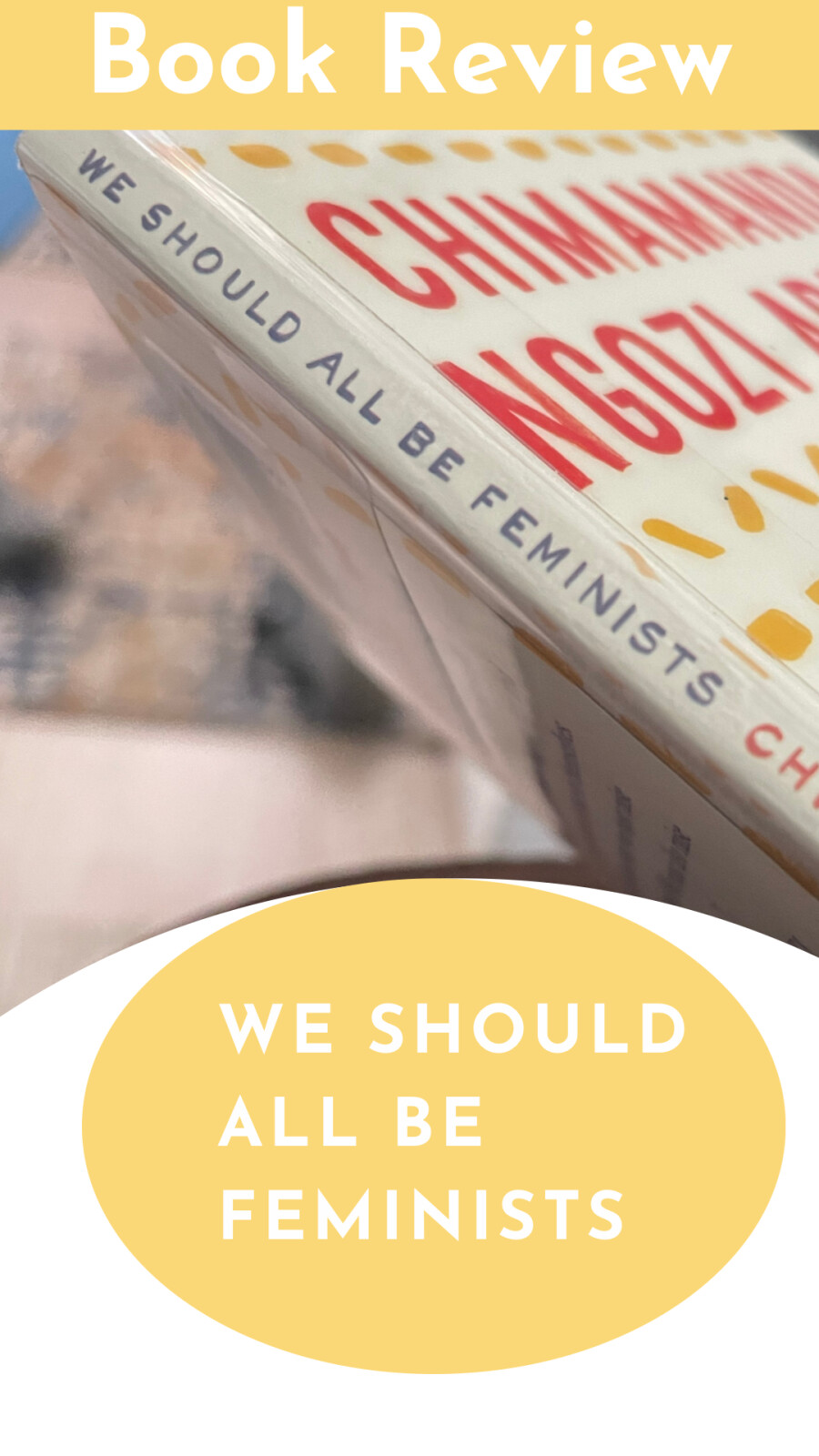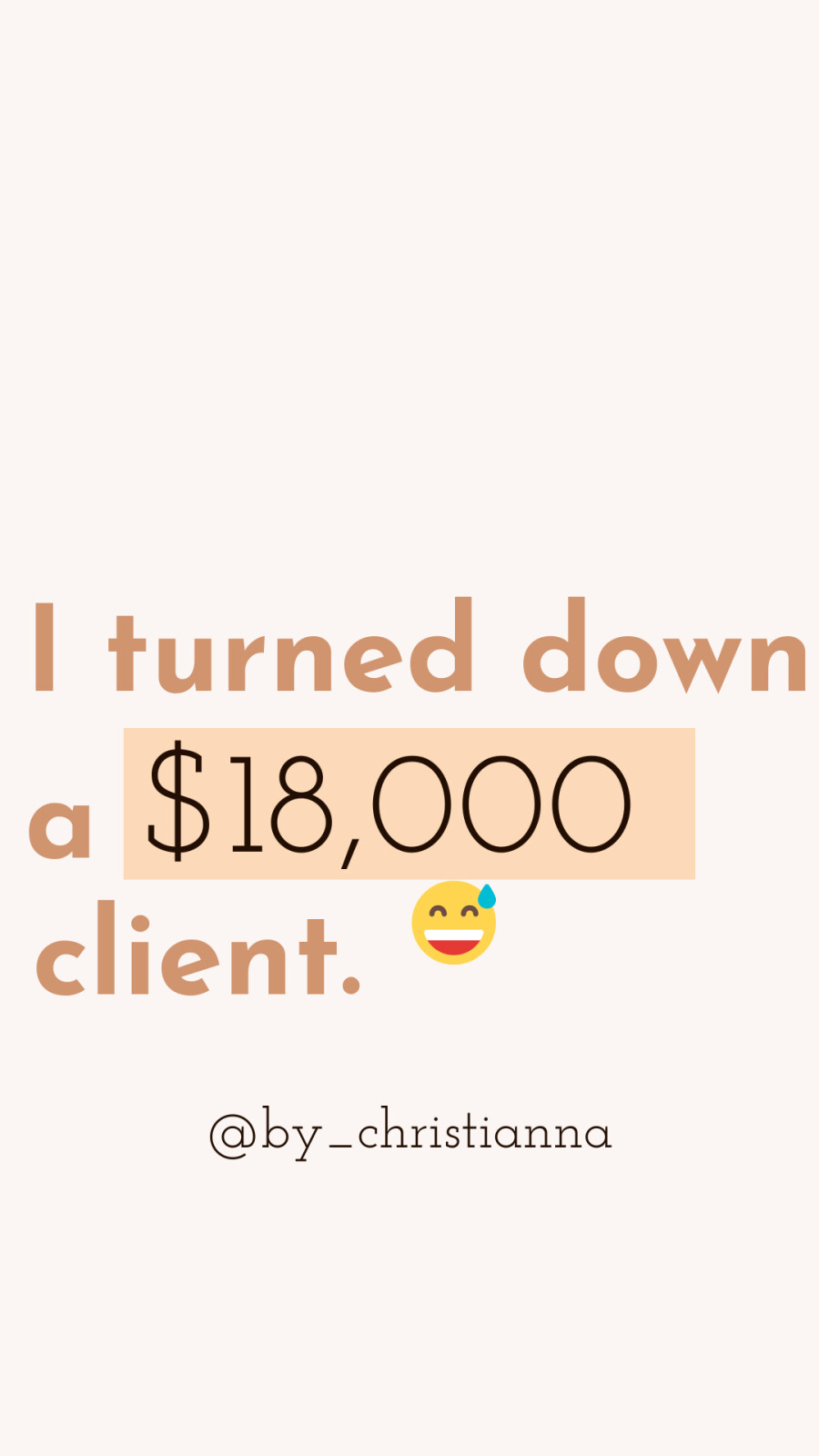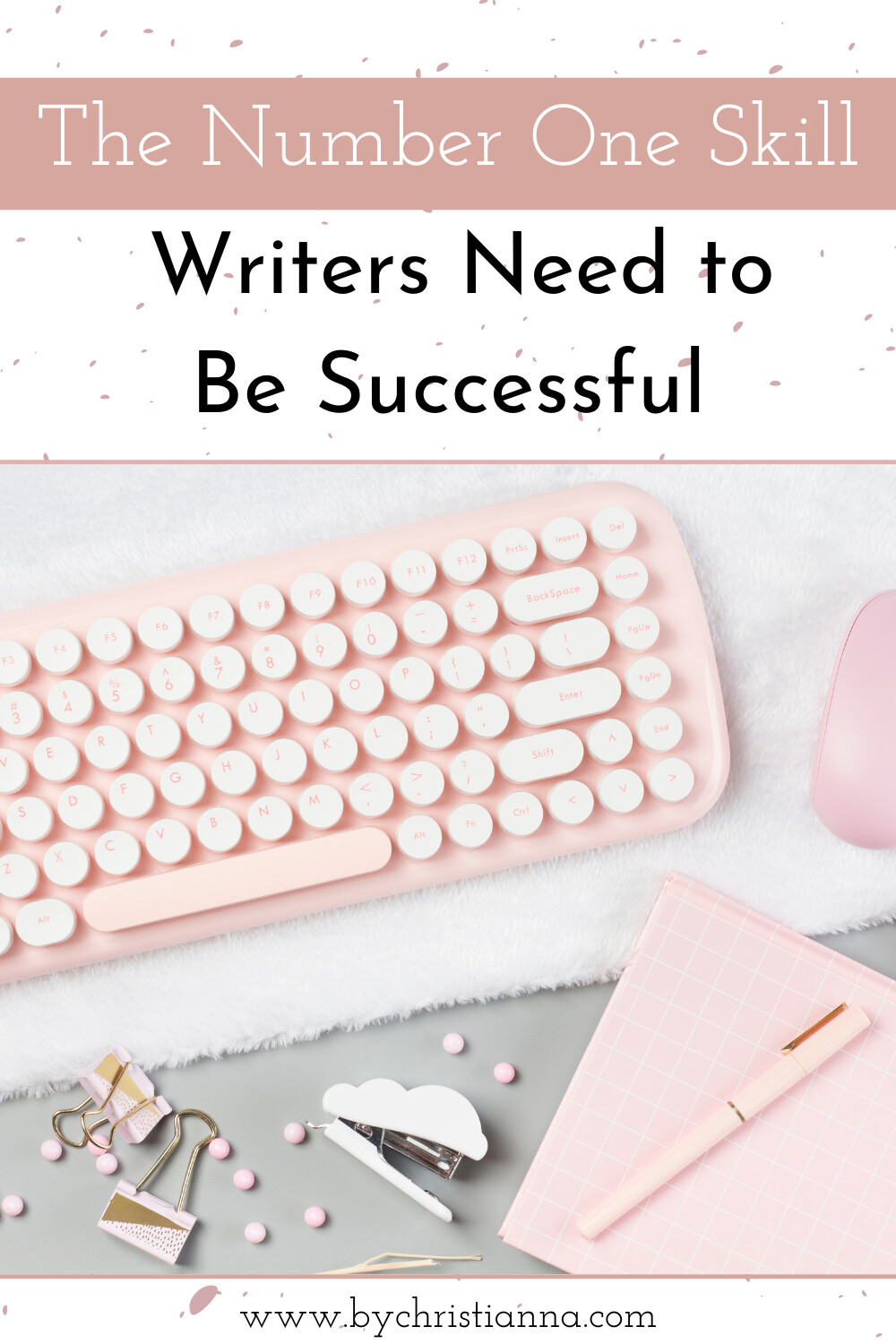
Years ago, I deleted a story because one person didn’t like it. (Fan fiction was a big part of my writing career in the beginning). They poked holes in the plot and didn’t like my main characters. Their feedback haunted me, and I felt awful when I tried to keep writing. I overthought it, and things spiraled around my introverted brain until I just — click-delete.
Bye-bye, story…
I’ve learned how to deal with criticism better since then. Now I understand how to take what I need and leave the rest. I understand that my audience matters. It’s a bad idea to give a die-hard action-adventure fan a rom-com.
Number one thing about handling criticism — Don’t take it personally.
Someone’s opinion belongs to them and you’re not obligated to agree, respond, or change. And you’re also not responsible for changing their mind. (Don’t ever argue with reviewers or talk about them on social media.) Someone’s criticism of you or what you’re writing is theirs and they’re entitled to it — just like you about someone else.
Consider who is saying it. If you’re an author and Neil Gaiman gives you critical feedback on your book, you might want to make some adjustments and listen to him. If it’s your reviewers who are saying the story didn’t have a plot or didn’t fit the genre, then that also has some weight to it. But if your family member who hasn’t read a book since grade school gives you feedback, then it probably isn’t accurate. Don’t worry about it so much.
How many people are saying the same thing? If everyone gives you the same feedback, and they don’t know each other and are conspiring against you, then there’s likely truth there.
Evaluate the source and evaluate if it’s true. This requires you to distance yourself from your work a bit. Be objective. Love writing and love what you do. On the other hand, understand if you’re serving an audience, their opinion matters.
When you receive a lot of critical or “negative” feedback, it doesn’t mean you’re a terrible writer and should quit. It means you have room for improvement. Reframe and understand that there’s always room for growth and there are things you don’t know. Improve your craft as best you can, get a critique partner, and rely on beta readers and editors.
Your family and friends, their opinion doesn’t matter as much if they’re not part of your target audience. It matters because we love them, and we want their support and validation. That’s a normal reaction, but we don’t need their approval.
The mentality that we do comes from the tribe mentality that we need to be accepted and valued by everyone — or else we get outcasted and have to fight off the predators and scavenge for ourselves. We think it’s safer, but we’re not in survival mode anymore. Or we shouldn’t be.
We are in a period of history where art can be created, celebrated, shared, and profited from incredibly easily. Its buttons and wires and signals send our creations across the globe. But it’s still a tribe but not restricted by geography.
And you can find support and connection in that community. You can find understanding and helpful feedback from people who are moving toward the same goals as you.
People who get you. When you have your people, then the opinions of others are lessened. And when you know what your values are, when you understand boundaries and resilience, then those opinions are weakened. You stop caring, you get stronger, and you move forward.
If you’re an introverted writer looking for a supportive community, then join the Introverted Writers Club and share about your goals. We’d love to cheer you on and help you move forward.











0 Comments